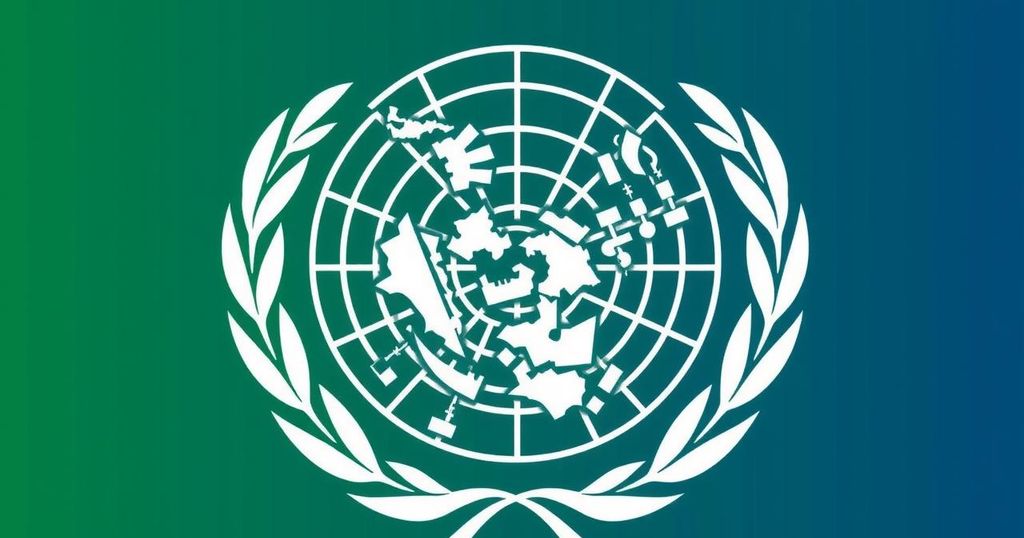The IMF has mandated the Democratic Republic of Congo to establish a Treasury Single Account and implement tax reforms as part of a $2.87 billion financing deal. This initiative seeks to improve fiscal transparency, consolidate government accounts, and enhance revenue mobilization to stabilize and grow the economy. The urgency reflects ongoing challenges in public finance management, with significant implications for governance and economic policy.
The International Monetary Fund (IMF) has proposed the consolidation of numerous government accounts into a single Treasury Single Account (TSA) in the Democratic Republic of Congo (DRC) as part of a new financing framework. This initiative aims to enhance transparency and streamline public resource management amidst a backdrop of historical delays in implementation since 2019. Under the new agreement, the DRC is set to receive $2.87 billion over three years, which includes significant sums from the IMF’s Extended Credit Facility and a pioneering allocation from its Resilience and Sustainability Facility. To access these funds, Kinshasa has been urged to accelerate the deployment of the TSA and undertake crucial tax reforms. The IMF highlights an existing multitude of 3,625 government-associated accounts, complicating fiscal oversight and resource allocation. “A key priority under the planned ECF-supported programme is to ensure stricter adherence to the public expenditure chain procedures,” stated Calixte Ahokpossi, IMF mission chief for the DRC. This reflects the urgency of establishing efficient fiscal governance frameworks. In addition to the TSA implementation, the IMF calls for the decentralization of spending authorization to ministries, intending to mitigate the impact of state expenditures during economic fluctuations. Further recommendations include enhancing domestic revenue mobilization through a standardized VAT billing system and addressing tax evasion in the mineral export sector. The conditions for the DRC resonate with IMF initiatives in other regional countries, where similar measures have triggered public dissent, as seen in Kenya. The proposed funding aims to restore peace and stability in DRC’s eastern regions while addressing rising living costs and fostering economic growth.
The Democratic Republic of Congo faces challenges in fiscal governance, including a fragmented approach to managing public finances exemplified by thousands of government-related accounts. The IMF has long advocated for the implementation of a Treasury Single Account to promote efficiency and transparency in public spending. As part of a broader reform agenda, this consolidation aims to mitigate inefficiencies and enhance the government’s capacity to mobilize domestic revenue. Observations of similar reforms being applied in neighboring countries provide a crucial context for understanding the potential impacts and challenges that may arise during implementation.
In summary, the IMF’s call for a Treasury Single Account and accompanying reforms in the DRC is a significant step toward improving fiscal management and transparency. As Kinshasa embarks on this journey to consolidate public accounts and enhance tax revenue systems, the successful execution of these recommendations will be essential not only for securing the new funding but also for fostering economic stability and growth in the region. The historical context of similar reforms elsewhere underscores the challenges that may arise, necessitating careful management of public response as these changes are realized.
Original Source: www.theeastafrican.co.ke






